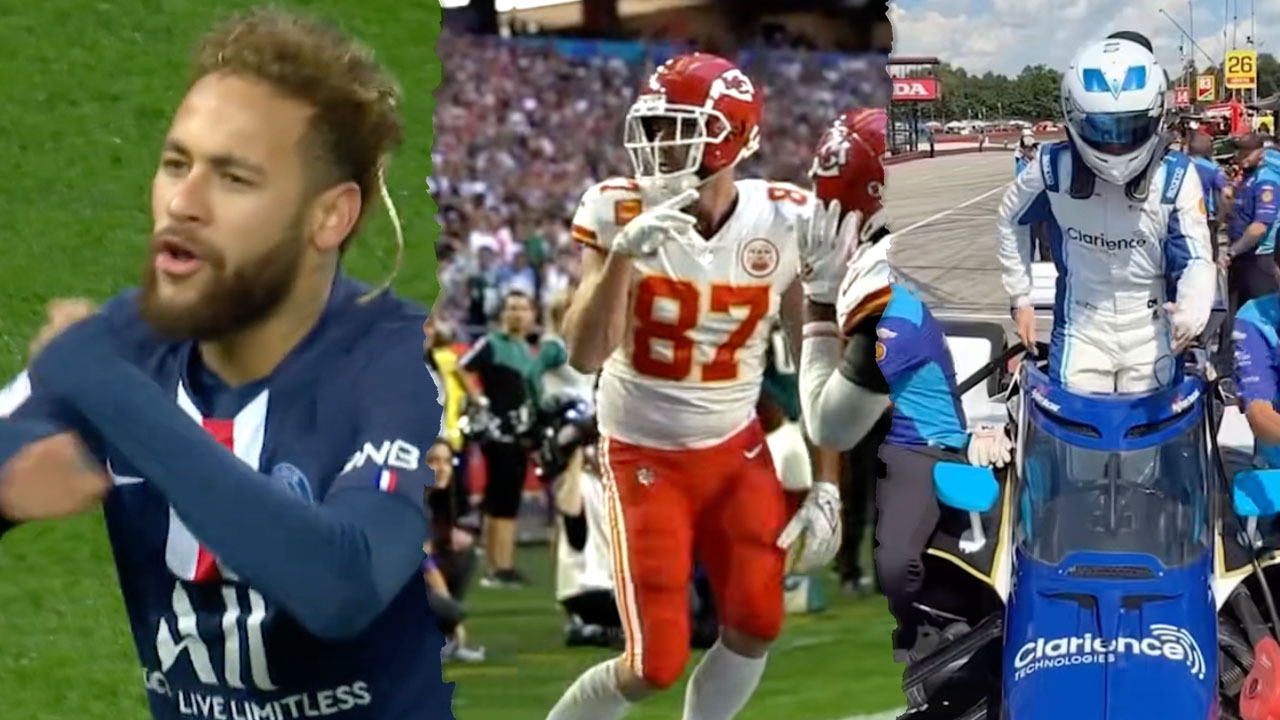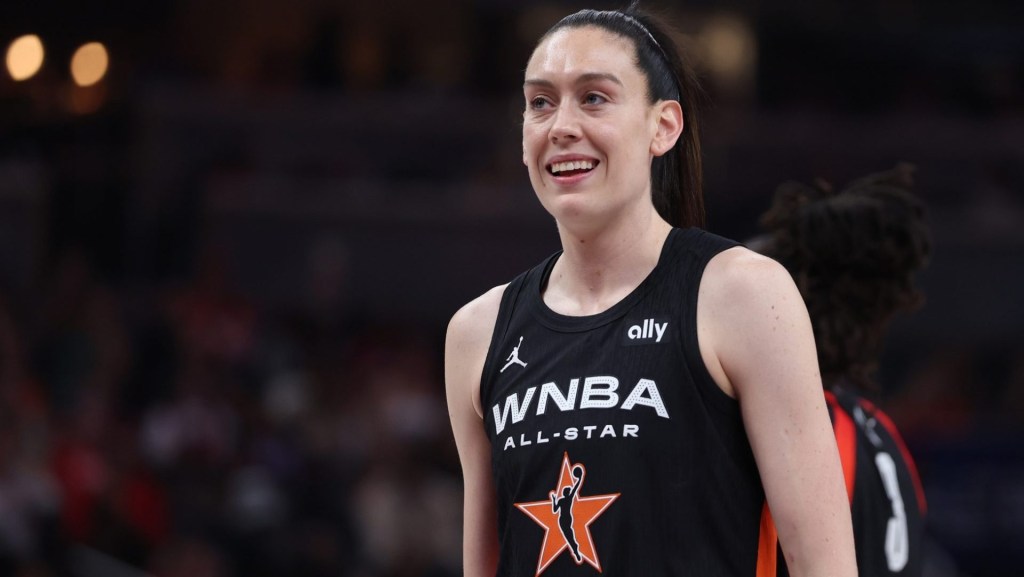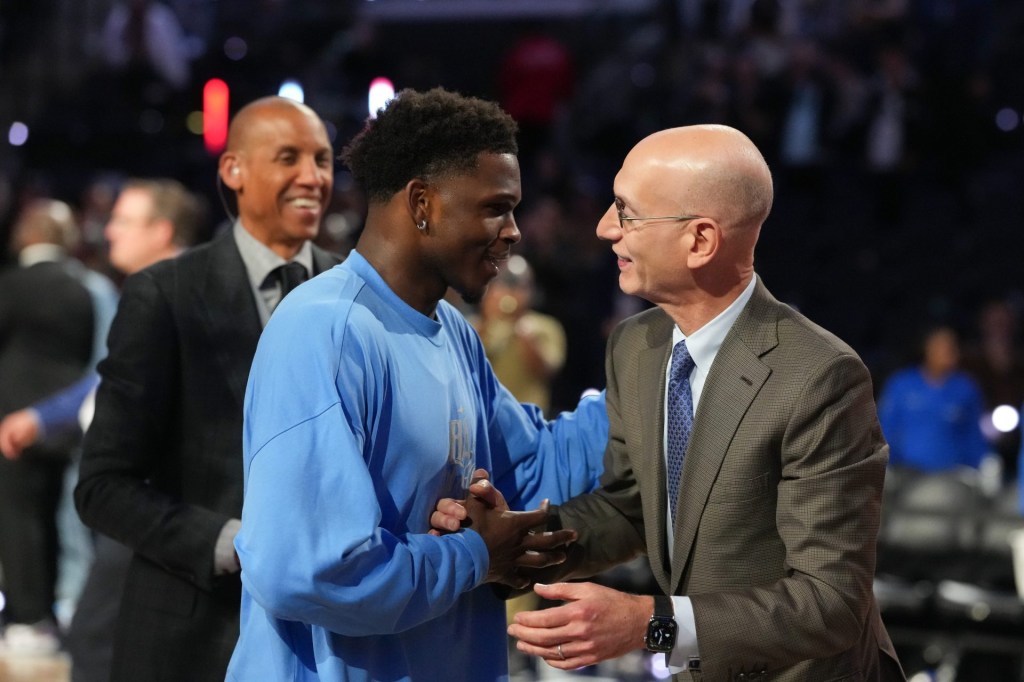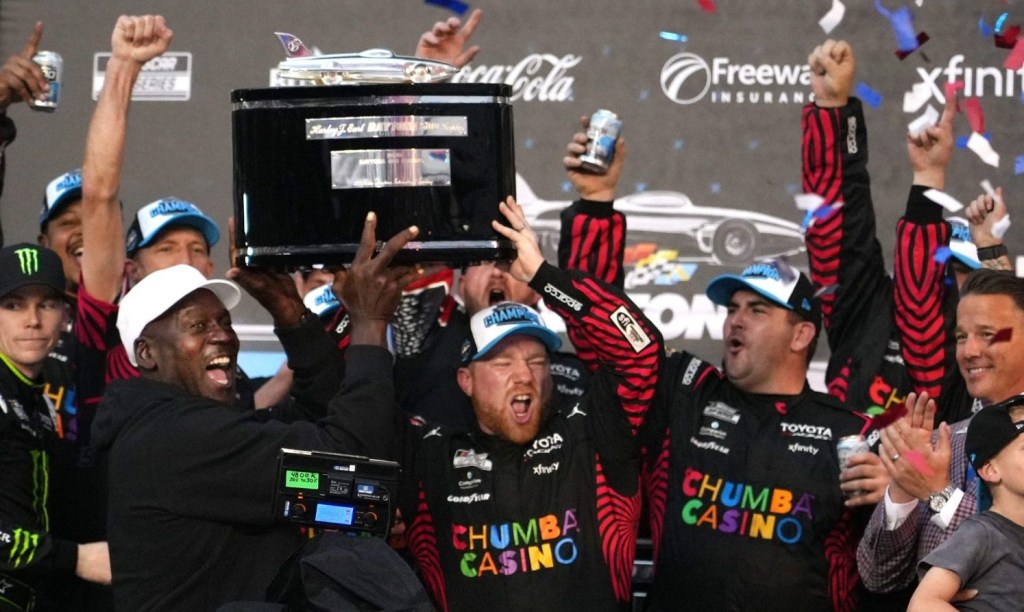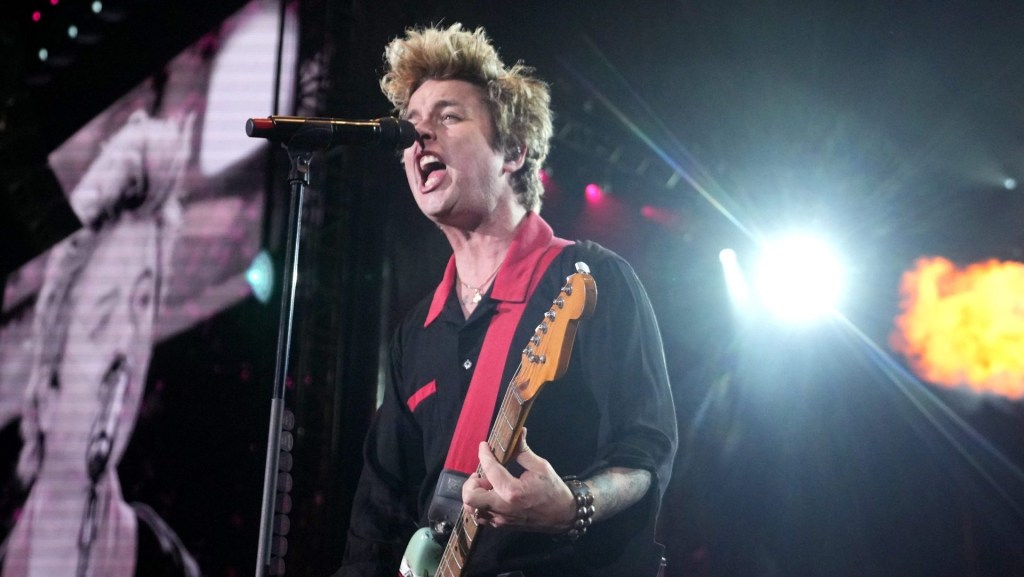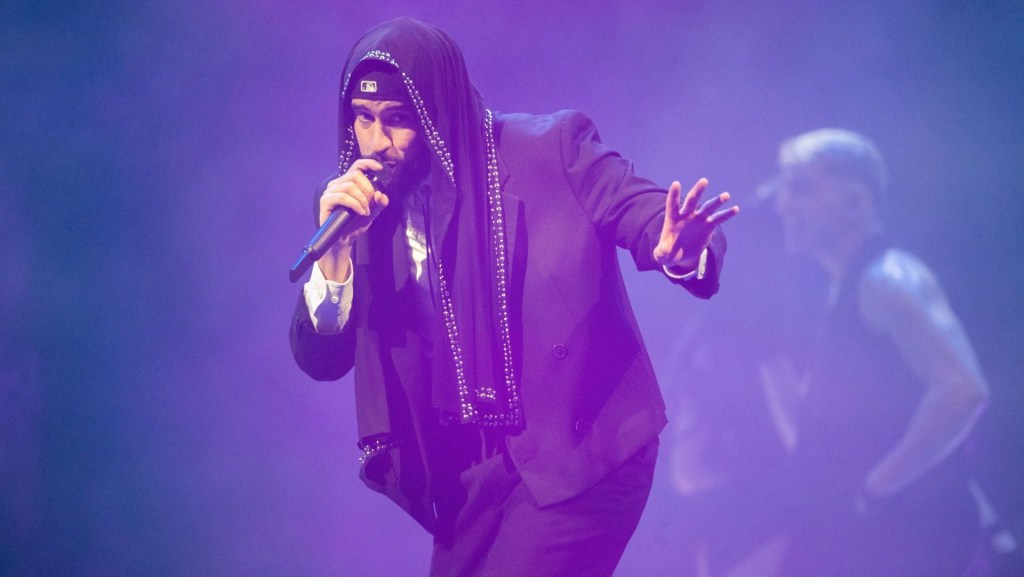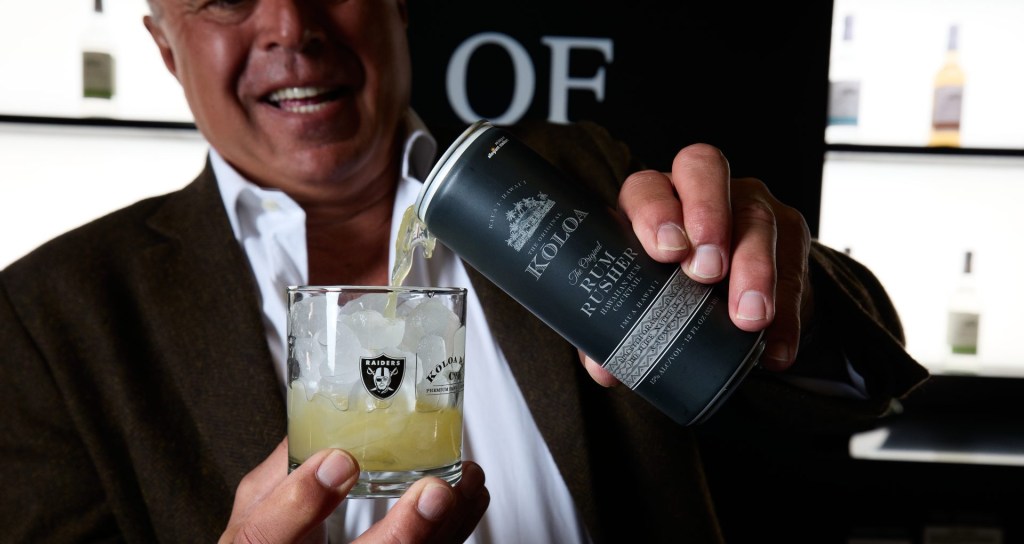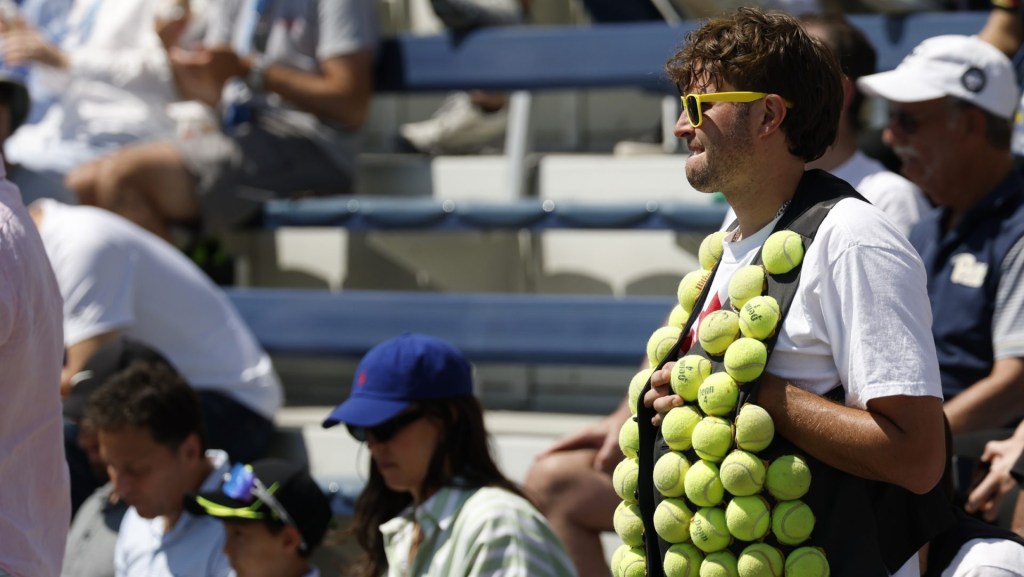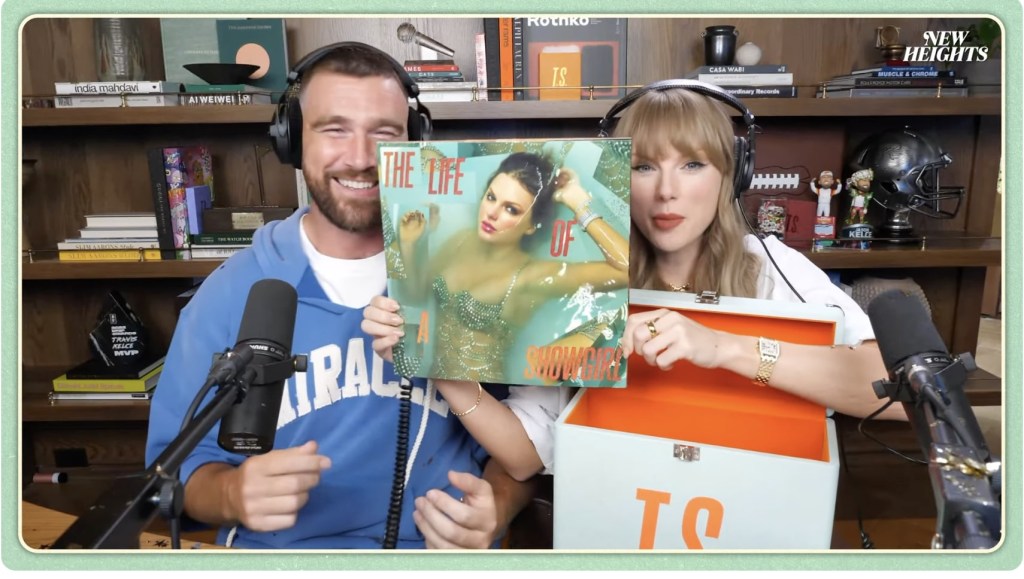First, it was a montage of Paris Saint-Germain goal celebrations. Then a Travis Kelce post. Soon, Formula 1 driver Alex Albon joined in. Throughout a few weeks in early July, top names and brands across the sports world posted TikTok videos referencing the same viral dance, racking up hundreds of millions of combined views.
The dance trend, which has become an on-field sensation with athletes, began with 11-year-old Rayyan Arkan Dikha from Riau, Indonesia. In the original TikTok video, Dikha stands alone at the tip of a long wooden racing boat, blowing kisses, sweeping his hands through the air, and holding each pose with steady control.
The footage comes from Pacu Jalur, a traditional boat race held every August in Kuantan Singingi, Riau, as part of Indonesia’s Independence Day celebrations. With roots in the early 20th century, the race features elaborately decorated boats and a key figure at each bow: the Tukang Tari, or boat dancer, whose job is to perform symbolic movements to motivate the rowing crew.
In late June, TikTok users began reposting the video with hashtags including #AuraFarming and #TheReaper, the name Dikha has garnered online. “Aura farming” is slang for doing something subtle to boost one’s aura: a blend of confidence, charisma, and visual cool.
Paired with the track “Young Black & Rich” by Melly Mike, Dikha’s routine quickly caught on. The musician appears to have benefited from some of the momentum, too: He has nearly 71,000 YouTube subscribers, but the “Young Black & Rich” music video clocks nearly 6 million views.
In Indonesia, Dikha’s recognition has come with real-world rewards: he was awarded a 20 million rupiah scholarship (about $1,200) and performed the routine live at halftime of the Piala Presiden final on July 13. But as the dance spreads onto the official accounts of brands, teams, and world-class athletes on monetizable platforms, there’s precedent for for the fifth grader to cash in, too.
Daqauwn “Cheetah” Brown, who created the viral Squabble dance notably incorporated by Texans quarterback C.J. Stroud told FOS last year that Fortnite developer Epic Games paid him $20,000 to license his dance. For now, though, Dikha is still a mostly offline kid with little control over how his image is spreading: There’s no indication that he, his family, or a business representative has taken steps to monetize the dance.
Fueled by athletes and social media influencers, the trend continues to explode. Last week, the Big Ten posted a video of college mascots performing their version of Dikha’s routine. And as the 2025 college football season approaches, it’s not hard to imagine the dance spreading even wider, both on social media and the field.
